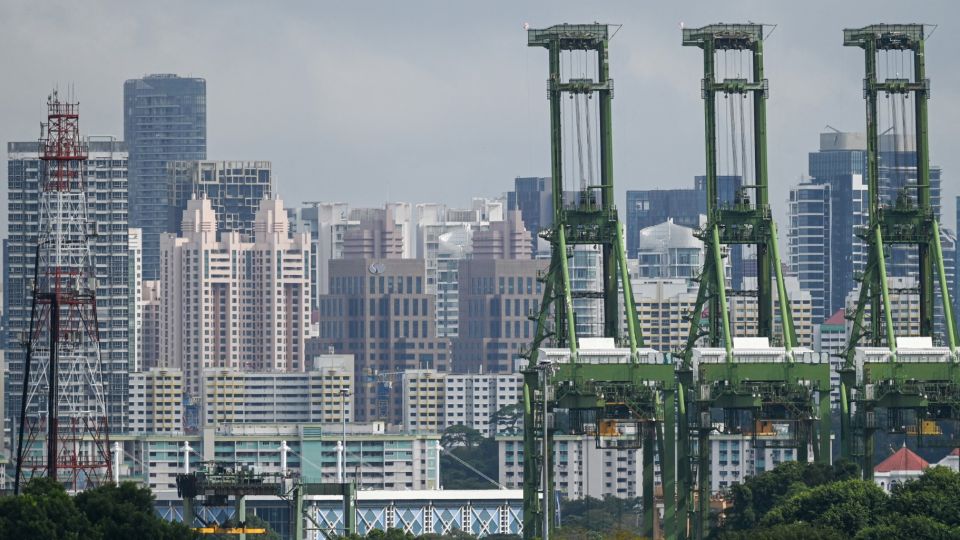November 5, 2025
BEIJING – The economic partnership between Singapore and China is poised for robust growth, setting new benchmarks for regional cooperation as both nations commemorate significant anniversaries, industry experts said.
Singapore has entered a new era of high-quality, future-oriented partnership with China, setting the stage for deeper collaboration in new frontiers such as digital and green economies, said Kok Ping Soon, chief executive officer of the Singapore Business Federation.
“China has been Singapore’s largest trading partner for 12 consecutive years, while Singapore has remained China’s top source of foreign investment for the same period,” he said.
This deep economic interdependence is evident in the two-way goods trade, which reached $111.1 billion in 2024, alongside growing cooperation in digital economy, green development, AI, and projects related to the Belt and Road Initiative.
Singapore also became China’s largest cumulative source of foreign investment in April 2022, underscoring its pivotal role.
“These milestones reaffirm our shared commitment to innovation, sustainability and regional growth, while setting the stage for deeper collaboration in new frontiers such as digital and green economies,” Kok said.
“The upgraded free trade agreement between China and Singapore underpins this deepening relationship, facilitating greater collaboration in services, investment and the digital economy.”
SBF has been instrumental in fostering these ties.
The federation is leading over 500 representatives from 57 companies to the 8th China International Import Expo this year. Since its inaugural participation in 2018, Singaporean businesses have collectively generated around $390 million in trade value at CIIE, it said.
For Singaporean enterprises, the China market offers significant advantages, including immense market access with a growing upper-middle-income group, a dynamic innovation and co-creation ecosystem for partnerships in fintech, AI, and smart manufacturing, as well as its role as a gateway for regional expansion and supply chain diversification.
Despite global uncertainties, China’s economic resilience continues to inspire confidence.
In the first half of 2025, China’s economy grew by 5.3 percent year-on-year, contributing an estimated 30 percent to global economic expansion — even as many developed nations struggle to reach an annual growth of 2 percent — and solidifying its role as a stabilizing force.
“Sectors such as green energy, advanced manufacturing, digital services and biotech are gaining strong momentum,” Kok said, adding that these areas align closely with Singapore’s strengths, encouraging strategic collaboration.
Xu Liping, director of the Center for Southeast Asian Studies at the Chinese Academy of Social Sciences, said the upgraded and new FTAs between China and other countries, coming amid rising global trade protectionism, underscores China’s firm commitment on promoting global free trade.
Singaporean companies are already leveraging the upgraded FTA to bolster their presence in specialized sectors.
Marcus Sia, founder and managing director of ATC Globe, which serves niche, high-tech industries like aerospace and semiconductors, said the free trade agreement between the two countries has benefited his company.
“The FTA has strengthened long-term partnerships by making cross-border collaboration smoother and more predictable, while supporting our continued expansion in China and beyond,” Sia said.
ATC Globe collaborates with Chinese partners in automation, process optimization, and sustainable manufacturing, focusing on codeveloping and integrating technologies.
Sia emphasized their role in leveraging research and development in Singapore to scale up solutions globally, acting as a bridge for Chinese partners to access the global supply chain.
Looking ahead, the SBF is keen to explore emerging sectors such as renewable energy, advanced materials, digital economy, circular economy and smart city solutions with Chinese partners.


